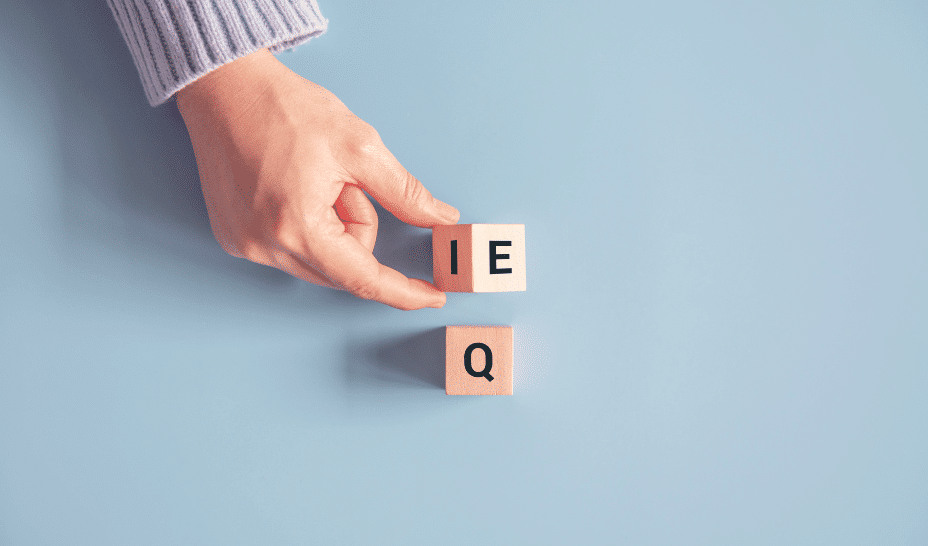Throughout history, physical strength and craftsmanship were essential for career success. This changed with the Industrial Revolution when machines began replacing manual labor, making intelligence and IQ more valuable. Now, we face another shift as AI becomes smarter than humans, raising concerns as intelligence defines our species. But should it?
It may be time to reconsider what sets us apart.
AI may soon surpass human intelligence, yet despite the pessimism, I’m not ready to concede just yet. Perhaps, like during the Industrial Revolution, we’ve overvalued intelligence while disregarding our emotional intelligence, a more powerful and less replicable trait by technology.
From IQ to EQ: Rethinking our human edge
As we once overestimated physical labor, we might now overemphasize intellect. The next frontier likely won’t be cognitive but emotional. Emotional intelligence, defined by empathy, intuition, and trust-building, is hard to replicate and often more powerful than cognitive skills. These are the human differentiators in an AI-dominated era.
I don’t downplay technological revolutions’ impact. The Industrial Revolution displaced many jobs, and this shift might be similar. Many entry-level roles in data input and administrative tasks could vanish, as AI presents a simpler, cheaper solution. However, I firmly believe in human adaptability. We’ve always adapted and will again by leveraging our emotional and relational strengths.
The human connection advantage
AI already mimics emotional outputs, connecting with people through meaningful conversations and problem-solving. But users of AI counselling know its advice can be shallow or misguided. Unlike humans, AI isn’t accountable or capable of grasping lived experience nuances.
Moreover, AI reflects its training data, leaning toward mainstream views and often mirroring creator biases, making original thought and disruption hard. (This may change as models evolve, but it’s a current limitation.)
While we can’t predict AI’s development, humans will always excel at understanding others. AI can handle facts but lacks real-world observation, experience, or personal insight. Human understanding stems from context, empathy, and connection—traits based in emotion, not computation.
To sum up
The shift from IQ to EQ will transform the labor market, influencing how companies hire. Emotional intelligence, once a ‘nice to have’, will become essential. Trust-building, clear communication, and relational skills will surpass tasks that can be automated. This is already evident in senior positions and will extend to junior roles, previously valued for execution. As connection needs across cultures and generations grow, we’ll likely see a more diverse, inclusive workforce, mirroring the complexity of the world we’re shaping.
Our unique human capability is connecting, relating, and caring. The AI transition’s silver lining is that we can reinvent ourselves repeatedly. Embracing emotional intelligence might be our next strength, or perhaps another hidden trait awaits full appreciation. In any case, we’ll discover it.

